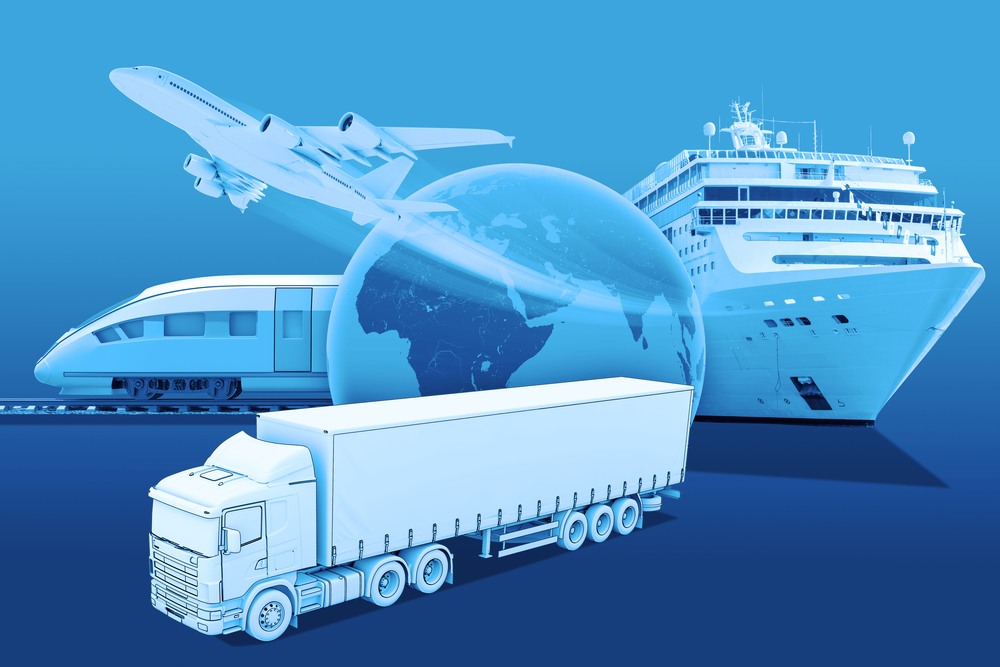In the dynamic world of logistics and supply chain management, businesses are constantly searching for ways to improve efficiency, reduce costs, and enhance sustainability. Intermodal transportation, which involves using multiple modes of transportation—such as trucks, trains, and ships—within a single journey, has emerged as a highly effective strategy. Here, we explore the top benefits of intermodal transportation and how it can significantly improve your business operations.
1. Cost Efficiency
One of the foremost advantages of intermodal transportation is cost efficiency. By combining the cost benefits of different transportation modes, businesses can achieve substantial savings. For instance, rail transport is typically less expensive than road transport for long-distance hauls, while trucks provide the necessary flexibility for short distances and final-mile deliveries. This strategic combination can lower overall transportation costs, making your logistics operations more cost-effective.
2. Environmental Sustainability
Intermodal transportation is inherently more eco-friendly compared to relying solely on trucks. Trains and ships have a lower carbon footprint per ton-mile than trucks. By incorporating these modes into your logistics strategy, you can significantly reduce greenhouse gas emissions and contribute to environmental sustainability. This not only helps in complying with environmental regulations but also enhances your brand’s image as a responsible and sustainable business.
3. Increased Reliability and Flexibility
Using multiple transportation modes can enhance the reliability and flexibility of your logistics operations. Rail transport is known for its reliability over long distances, while trucks provide the flexibility needed for local and last-mile deliveries. This combination ensures that your goods are transported in the most efficient manner possible, reducing transit times and improving overall reliability.
4. Improved Supply Chain Resilience
Intermodal transportation can enhance the resilience of your supply chain by diversifying your transportation options. This diversification mitigates risks associated with disruptions in any single mode of transport, such as road congestion, truck driver shortages, or adverse weather conditions. A more resilient supply chain ensures that your goods keep moving, even when one mode faces challenges, thereby maintaining the flow of operations.
5. Advanced Tracking and Visibility
Modern intermodal transportation solutions are equipped with advanced tracking technologies that provide real-time visibility into the movement of goods. This enhanced visibility allows businesses to monitor their shipments throughout the entire journey, improving inventory management and customer service. With accurate and timely tracking data, you can proactively address any issues that arise, ensuring timely deliveries and higher customer satisfaction.
6. Scalability
Intermodal transportation offers scalable solutions for businesses of all sizes. As your business grows and shipping volumes increase, intermodal systems can efficiently handle larger loads. Rail and ship modes are particularly well-suited for high-volume shipments, ensuring that your logistics operations can scale without significant cost increases or efficiency losses.
7. Regulatory Compliance
Navigating regulatory requirements can be complex, but intermodal transportation can help simplify compliance. Different transportation modes often face varying regulatory landscapes, and using rail or ship transport can sometimes reduce the regulatory burdens associated with road transport. This can streamline your logistics process and reduce administrative headaches.
8. Expanded Market Access
Intermodal transportation opens up access to a wider range of markets, both domestically and internationally. By utilizing the extensive networks of ports, railways, and roadways, businesses can reach remote or previously inaccessible regions more efficiently. This expanded reach can drive business growth by tapping into new customer bases and supply sources.
Conclusion
Intermodal transportation offers a multitude of benefits that can transform your logistics operations. From cost savings and environmental sustainability to enhanced reliability and supply chain resilience, the advantages are clear. By integrating intermodal transportation into your logistics strategy, you can optimize your supply chain, meet sustainability goals, and position your business for long-term success.

